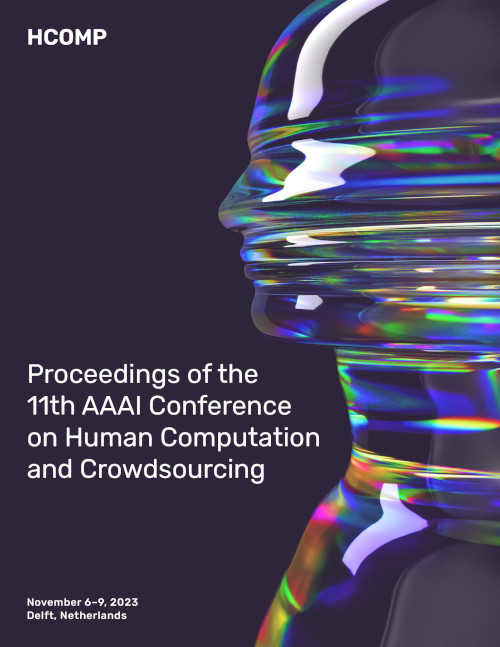Selective Concept Models: Permitting Stakeholder Customisation at Test-Time
DOI:
https://doi.org/10.1609/hcomp.v11i1.27543Keywords:
Interactive, Human-in-the-loop, Concept Learning, XAIAbstract
Concept-based models perform prediction using a set of concepts that are interpretable to stakeholders. However, such models often involve a fixed, large number of concepts, which may place a substantial cognitive load on stakeholders. We propose Selective COncept Models (SCOMs) which make predictions using only a subset of concepts and can be customised by stakeholders at test-time according to their preferences. We show that SCOMs only require a fraction of the total concepts to achieve optimal accuracy on multiple real-world datasets. Further, we collect and release a new dataset, CUB-Sel, consisting of human concept set selections for 900 bird images from the popular CUB dataset. Using CUB-Sel, we show that humans have unique individual preferences for the choice of concepts they prefer to reason about, and struggle to identify the most theoretically informative concepts. The customisation and concept selection provided by SCOM improves the efficiency of interpretation and intervention for stakeholders.Downloads
Published
2023-11-03
How to Cite
Barker, M., Collins, K. M., Dvijotham, K., Weller, A., & Bhatt, U. (2023). Selective Concept Models: Permitting Stakeholder Customisation at Test-Time. Proceedings of the AAAI Conference on Human Computation and Crowdsourcing, 11(1), 2-13. https://doi.org/10.1609/hcomp.v11i1.27543
Issue
Section
Full Archival Papers

